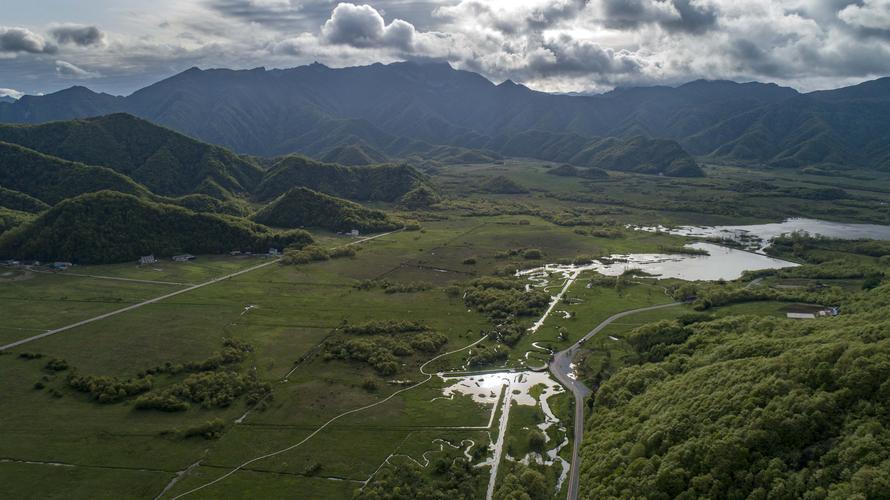Examining the Intersection of Global Problems and the Culture of Capitalism
It’s no secret that we are living in an era of global problems, be it climate change, inequality, poverty, or social injustice. While there are various efforts to address these issues, the culture of capitalism has often been identified as a key factor that contributes to, if not exacerbates, these problems. In this article, we will examine the intersection of global problems and the culture of capitalism, exploring how the latter affects the former and vice versa.
The Culture of Capitalism: A Brief Overview
Before delving into the intersection of global problems and the culture of capitalism, it’s important to define what is meant by the latter. At its core, capitalism is an economic system that emphasizes the ownership of private property, the means of production, and the pursuit of profit. It emerged in Europe in the 18th century and has since become the dominant economic system in the world. The culture of capitalism, on the other hand, refers to the values, beliefs, and practices that accompany this economic system. These include individualism, competition, consumerism, and the prioritization of economic growth over all other goals.
The Impact of Capitalism on Global Problems
Perhaps the most obvious way in which the culture of capitalism intersects with global problems is through its impact on the environment. The pursuit of profit often comes at the cost of environmental degradation, as businesses prioritize short-term gains over long-term sustainability. This has resulted in a host of environmental problems, from climate change to deforestation to the pollution of our air and water.
Capitalism has also been linked to inequality and poverty. The drive to maximize profits often leads to the exploitation of workers, with corporations paying low wages and providing poor working conditions to maximize their bottom line. This, in turn, perpetuates poverty and inequality, as workers struggle to make ends meet and lack the resources to improve their lives.
Moreover, the culture of capitalism promotes individualism and consumerism, which can lead to a society where people are more concerned with their own material possessions than with the welfare of others. This can result in a lack of social cohesion and a disregard for those who are less fortunate, further deepening social inequality and injustice.
The Intersection of Global Problems and Capitalism in Action
To understand the intersection of global problems and the culture of capitalism in action, let’s take the example of climate change. It’s widely known that human activities, such as burning fossil fuels and deforestation, are the primary drivers of climate change. Given the culture of capitalism, however, it’s often difficult to make the necessary changes to mitigate climate change. This is because fossil fuels and other environmentally damaging activities are often big business, with corporations and individuals prioritizing profit over the health of the planet. As a result, policy decisions are often made in favor of economic growth rather than environmental protection, and the cycle of environmental degradation continues.
Key Takeaways
In conclusion, the intersection of global problems and the culture of capitalism is a complex and nuanced issue. While capitalism has undoubtedly brought about many benefits, such as economic growth and technological advancements, it has also contributed to a range of global problems, from environmental degradation to social injustice. At the same time, global problems have also highlighted the flaws and limitations of the culture of capitalism, underscoring the need for a more sustainable and equitable economic system. For meaningful progress to be made, it’s essential to recognize and address the intersection of these two forces, with urgency and a willingness to change.
(Note: Do you have knowledge or insights to share? Unlock new opportunities and expand your reach by joining our authors team. Click Registration to join us and share your expertise with our readers.)
Speech tips:
Please note that any statements involving politics will not be approved.
